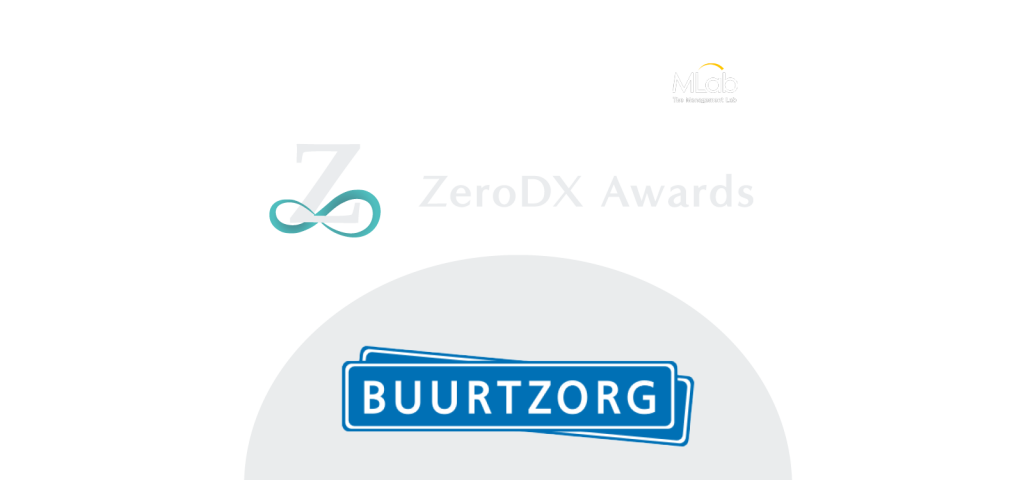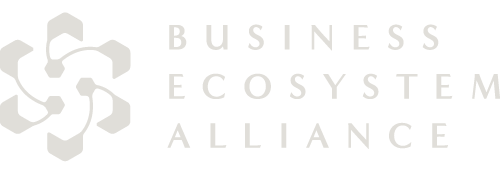
Buurtzorg: A Revolutionary Approach to Community Healthcare
Introducing Buurtzorg
Founded in 2006 by Jos de Blok, Buurtzorg is a Netherlands-based home-care organization that has become a game-changer in the healthcare industry. The company employs over 10,000 nurses and provides care to more than 80,000 patients annually. Buurtzorg, which means "neighborhood care" in Dutch, is dedicated to delivering high-quality, personalized care to patients in their own homes. The organization’s purpose is to help people live more healthy and autonomous lives, reflecting its core principles: humanity above bureaucracy, simplicity above complexity, and practical over hypothetical.
Organizational Structure
Buurtzorg operates with a highly decentralized, horizontal organizational structure. Unlike traditional healthcare organizations that rely on hierarchical management, Buurtzorg consists of about 900 self-managed teams of up to 10-12 nurses each. These teams are fully autonomous, handling everything from patient care to administrative tasks and team management. There are no managers; instead, teams use a system of peer support and coaching to guide their work.
Buurtzorg employs a group of about 20 coaches, each working with 40-50 nurse teams to support them in difficult times, and transitions. The roles of the coaches is to safeguard the Buurtzorg framework, which relies on 4 principles for self-managed teams: (1) solution-focused communication, (2) solution-focused meetings, (3) team decisions made with consensus, and (4) dividing and rotating roles and tasks beyond the core nurse workload.
This structure minimizes bureaucracy and empowers nurses to make decisions directly related to patient care, fostering a culture of trust and responsibility.
Zero Distance to Customers
Buurtzorg's model epitomizes customer centricity. Nurses are granted significant autonomy to make on-the-spot decisions that best meet the needs of their patients. This level of empowerment ensures that care is highly personalized and responsive. Nurses develop care plans in collaboration with patients and their families, ensuring that care is tailored to individual needs and circumstances. By eliminating layers of management, Buurtzorg ensures that nurses are directly accountable to their patients, maintaining "zero distance" between caregivers and clients. This approach not only enhances patient satisfaction but also improves outcomes, as care is more consistent and holistic.
The impact of this model of patient-centric care are not only client satisfaction ratings (30% higher than ratings of comparable organizations), but also the effectiveness of care as required hours of care per patient is between ½rd and 2/3rds lower according to analysis of the company data and the larger healthcare system in the Netherlands.
Internal Culture and Employee Engagement
Buurtzorg's internal culture is built on principles of autonomy, trust, and professional development. The organization offers a supportive environment where nurses are encouraged to continuously develop their skills and share knowledge with their peers. Buurtzorg's success is shared with its employees through a model that emphasizes aligned interests; while there is no formal employee ownership, the empowerment and satisfaction derived from their roles provide intrinsic rewards. Regular feedback and open communication channels ensure that all team members feel valued and heard, contributing to levels of job satisfaction and retention considerably higher than those of comparable organizations.
To preserve autonomy, there is no monitoring of the work of the nursing teams. Instead a set of performance metrics is monitoring. The most important among these is the productivity threshold, which is set at 62% - no fewer than 62% of the teams' hours should be spent on patient care. This is the minimum percentage of billable hours necessary to run a profitable team.
Although Buurtzorg has a nonprofit status and cannot make profit and allow for profit-sharing mechanisms, it has found another to enable aligned interest also financially. The salaries of nurses are up to 30% higher compared to similar positions elsewhere in the Netherlands. Besides, 2% of the revenue are reserved for unforeseen costs and in case there is an unused surplus, it is divide as follows - half goes to innovation projects and the other half goes to a bonus pool shared among all employees.
Conclusion
Buurtzorg exemplifies a progressive, patient-centric approach to healthcare that combines innovative organizational structures with a deep commitment to quality care and employee autonomy. By breaking away from traditional hierarchical models and placing trust in the hands of its nurses, Buurtzorg continues to set new standards in community healthcare, inspiring similar transformations in organizations worldwide with over twenty partnerships established already. The demand for franchising their model abroad is a clear testament to its 360 degree positive outcomes - for the patients, for the nurses and for the healthcare system and society as a whole.


